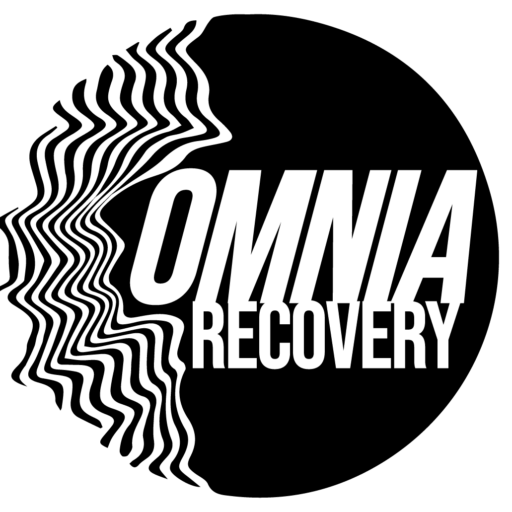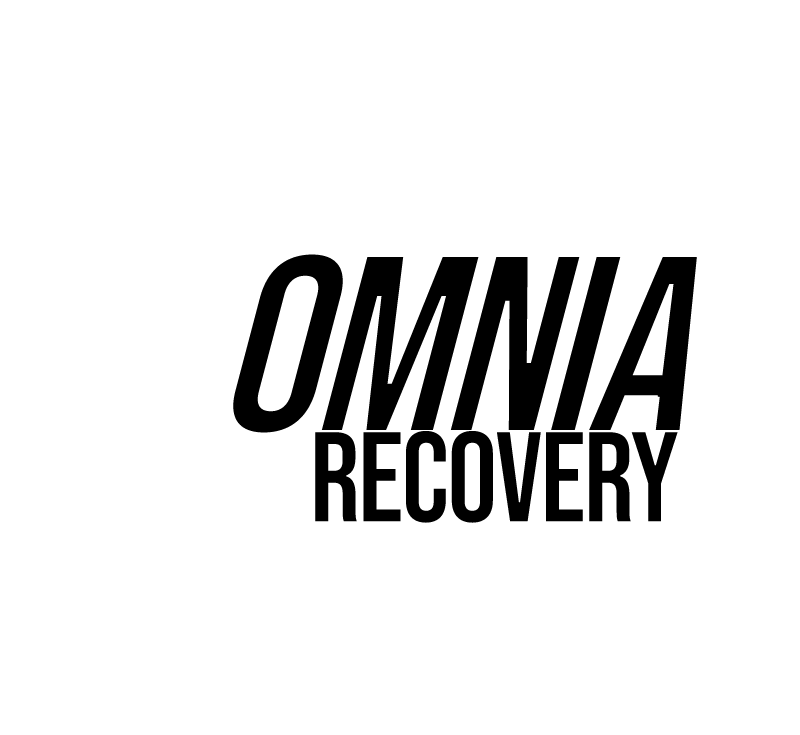Addiction triggers are things that cause emotional distress. They trigger you into feeling poorly, perhaps feeling depressed, anxious, or overwhelmed with cravings.
If you don’t learn how to identify your personal addiction triggers or how to apply coping skills to manage them, you are more likely to struggle with a relapse.
What are Addiction Triggers?
The triggers of addiction can be as simple as:
- Seeing someone else drink alcohol when you are in recovery for alcohol abuse
- Listening to a song that you used to play when you were feeling particularly depressed
- Having a fight with a partner or spouse that reminds you of other fights you’ve had regarding substance abuse
- Financial strain that triggers memories of times when you experienced problems paying your bills because the money went toward drugs instead of the mortgage
Long-term drug and alcohol abuse leads to significant changes in the brain, and these changes are heavily associated with the stimuli that encourage drinking or drug use. As such, triggers in recovery are things that trigger the same stimuli and encourage the same drinking or drug use.
These emotional, psychological, or social events or situations can be dangerous because they often result in a relapse if you don’t have the tools to identify and manage triggers in recovery.
Internal vs. External Triggers of Addiction
Triggers in recovery can be internal or external.
Internal Triggers
Internal addiction triggers are thoughts and feelings that lead to significant cravings. In many cases, these correlate to emotionally challenging feelings like the following:
- Increased stress
- The desire to feel “normal”
- Difficult emotions you want to avoid
- Distressing emotions like depression or anxiety
- Overconfidence in your sobriety
- Celebrating successes or achievements
External Triggers
External addiction triggers are external environments or situations that make you want to drink again or use drugs again. These can be things like specific places, social circumstances, or even responsibilities that trigger the urge or craving. Some examples include the following:
- Financial strain
- Stressful work or home responsibilities
- Social events like concerts or dinner parties
- Being around people who are using drugs or drinking
- Stressful situations
- Seeing objects that remind you of drinking or using drugs
Identifying Triggers in Recovery
Whether internal or external, triggers of addiction are commonly related to the following:
- Seeing people or places that were connected to your original addiction
- High levels of stress
- Challenging emotions
Unfortunately, you can’t avoid things like stress. While you might be able to avoid hanging out at a local bar if you are in recovery from alcoholism, you won’t be able to completely avoid the desire to celebrate a work promotion with a toast or commercials on television promoting alcoholic beverages.
Similarly, you can’t control all the external stimuli or stress you might experience or forever prevent financial strain.
Learning Coping Strategies
What you can do is learn coping strategies. Coping strategies can help you with emotional management so that you’re able to identify difficult emotions. You can then use mindfulness practices to sit with these feelings and recognize that all of your emotions, both good and bad, create you as a whole. Trying to dismiss or avoid emotions just because they are uncomfortable prevents you from living a fulfilled whole experience and is more likely to cause a relapse.
Coping strategies can help you tackle stress and unexpected challenges by working out stress through physical exercise or yoga, practicing self-care routines in anticipation of particularly stressful events, and attending additional support group meetings where necessary.
If you haven’t yet acquired these skills or find that they aren’t working well enough, you can always get professional help. With Omnia Recovery, clients learn individual triggers in recovery and how to combat them.
Triggers look different for each person, substance, and mental health status. That is why our Ventura County behavioral health clinic offers addiction treatment and dual diagnosis treatment that includes a unique exploration into addiction triggers.
The triggers of addiction will manifest when you least expect them, and while you can learn to minimize negative automatic thoughts or avoid stressful situations, you won’t be able to completely circumvent internal and external triggers and recovery. It’s more important to identify your personal triggers and apply the skills and coping strategies necessary to manage them.Reach out to Omnia Recovery today to learn how to identify personal addiction triggers. Call us to learn more about our behavioral health services in Los Angeles.




